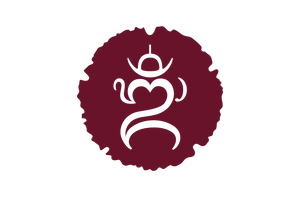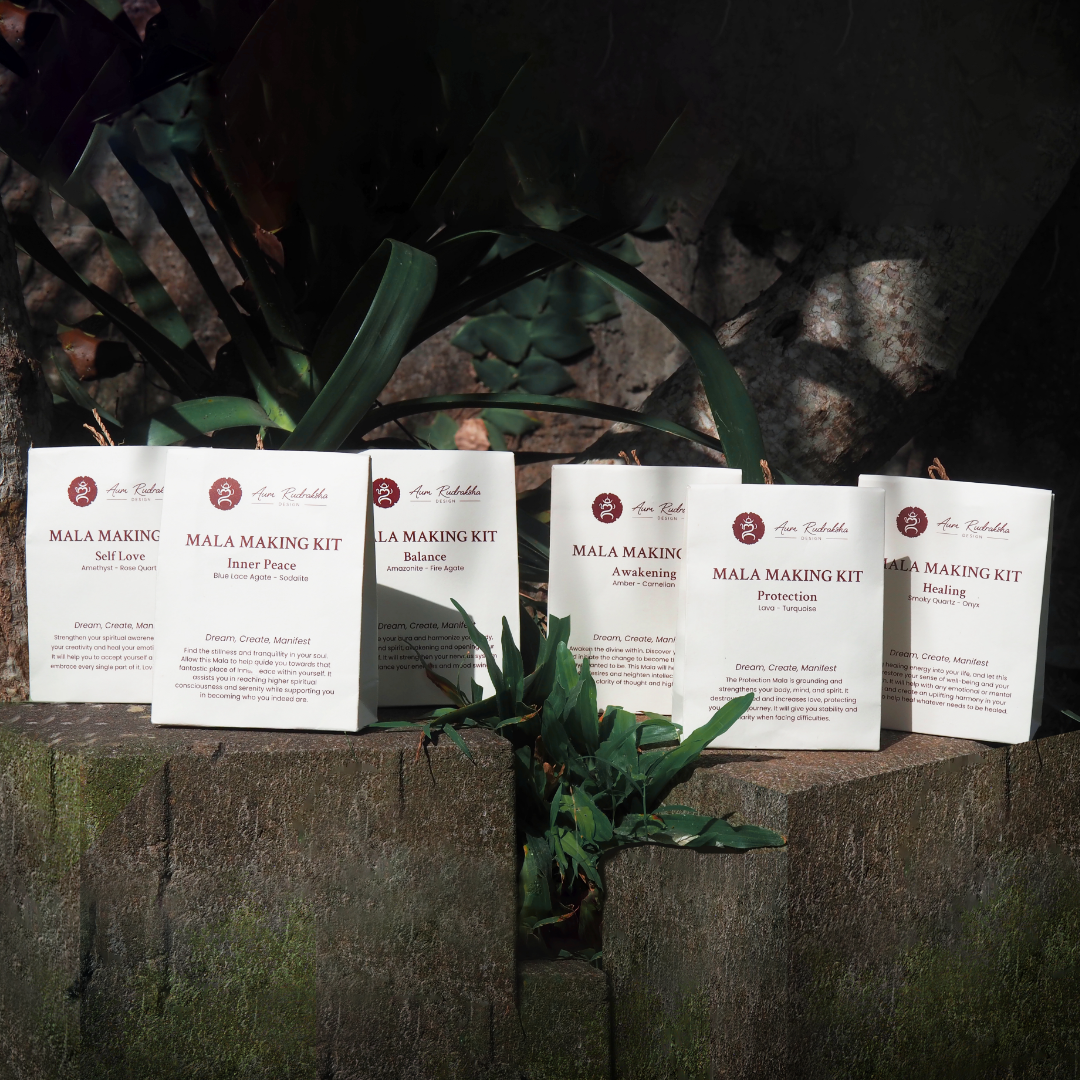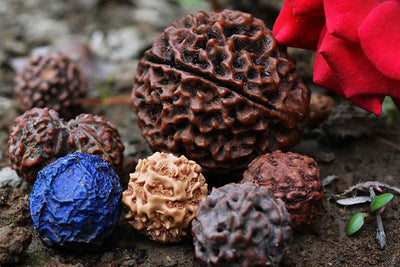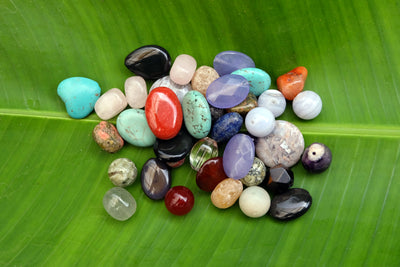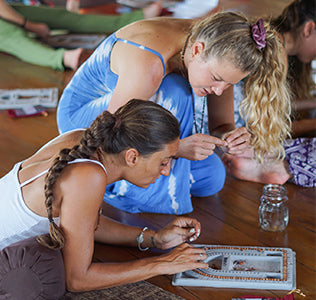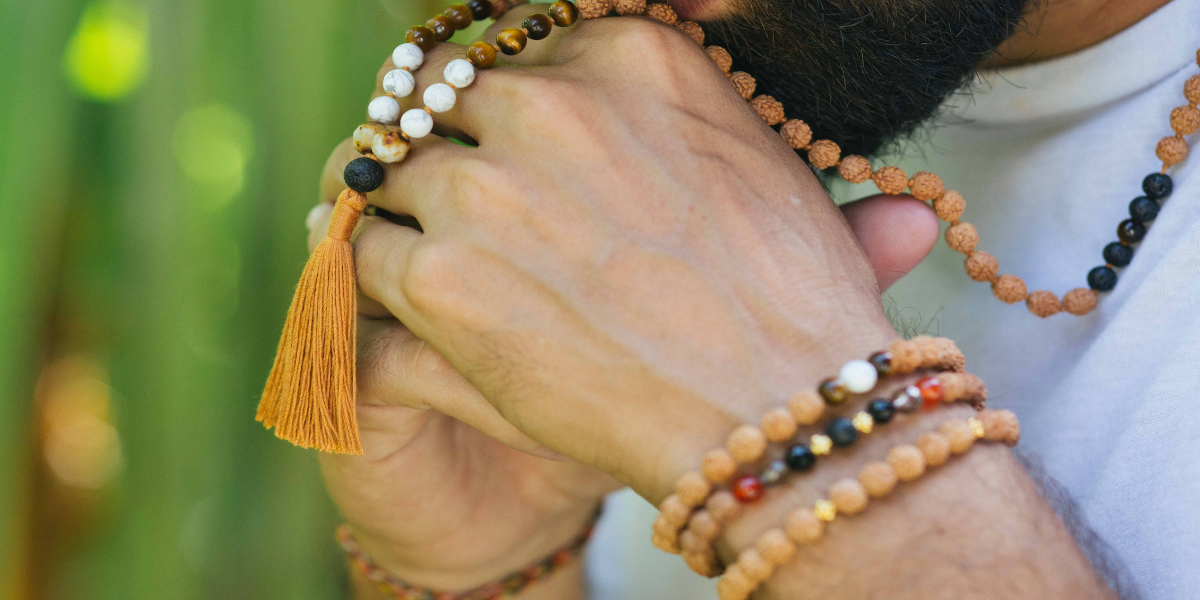New Year, Old Truths: 4 Ancient Teachings to Start Your Year Right
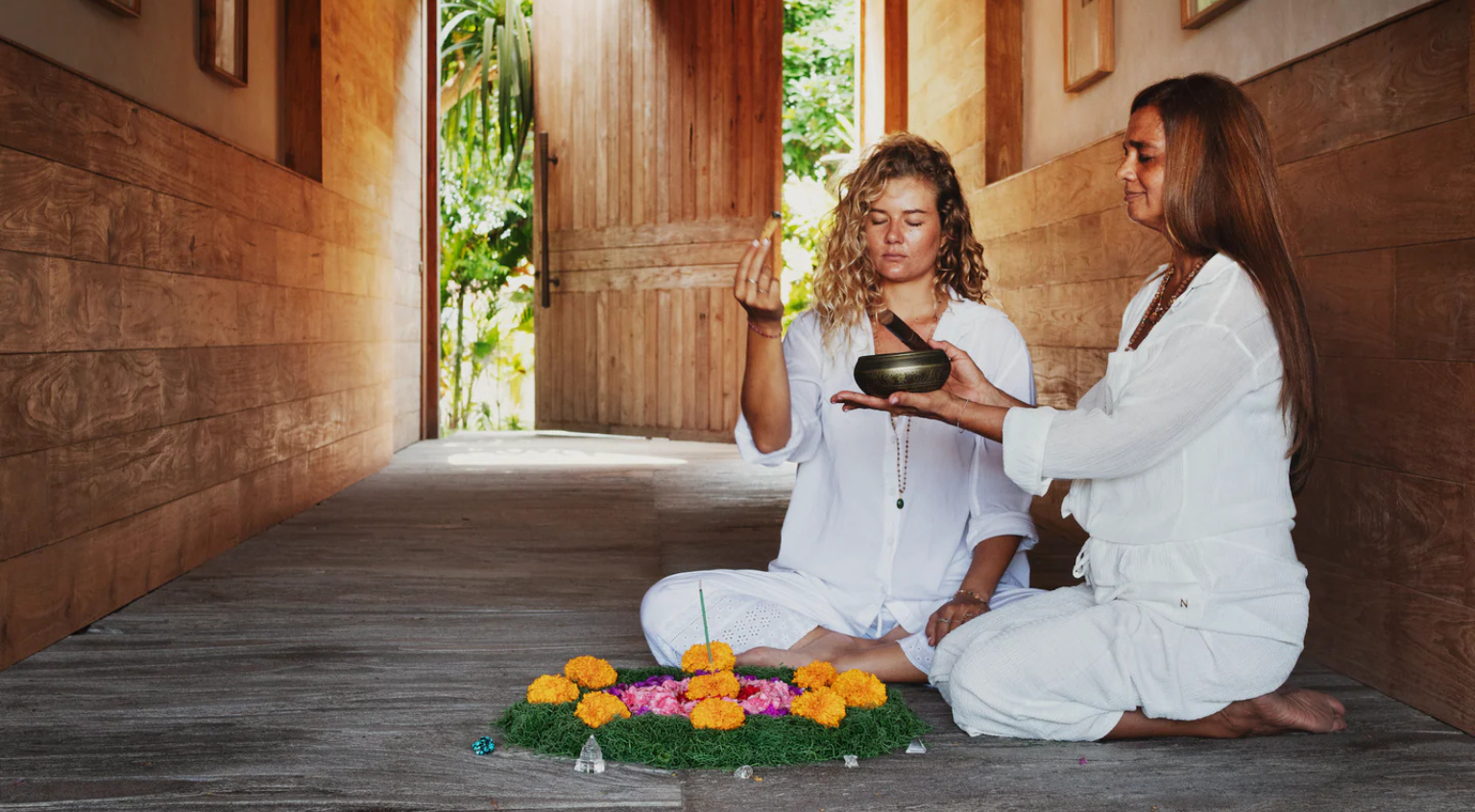
The new year feels like an invitation to turn a page, set fresh goals, and pursue new dreams. But while the calendar may change, life’s deepest truths remain timeless. Across centuries and cultures, philosophers have grappled with the same questions we face today: "How to live meaningfully, find happiness, and navigate life’s complexities.”
The irony of our modern society is that in our pursuit of these answers, we often overlook the wisdom already given to us by those who came before. These “old truths” remind us to pause, reflect, and reconnect with what truly matters. Here are four timeless teachings to guide you into the new year with clarity, purpose, and peace
1. “The wound is the place where light enters you.” – Rumi
Many of us are reflecting on past challenges, disappointments, and losses. Instead of running from these wounds, Rumi teaches us to embrace them as opportunities for growth. The new year is a chance to heal, to let light in, and to transform our struggles into sources of strength and wisdom. Our wounds show us where we need healing, help us become more compassionate, and connect us with deeper parts of ourselves or even something bigger. While pain is difficult, it also has the potential to transform us into stronger, wiser, and more open versions of ourselves.
Where success in society nowadays is often measured by external achievements such as wealth, status, and appearances, Rumi’s wisdom reminds us that our deepest transformations usually come from our struggles, not our pursuits of superficial goals. Many chase success, forgetting that true growth often emerges from the most painful or challenging experiences, not from accumulating material possessions.
This new year is a chance to honor your pain and reflect on its lessons. Instead of running from your struggles, use tools like journaling or meditation to explore how they’ve shaped you. Remember, your challenges are not roadblocks. They’re doorways to deeper understanding and light.
2. “Do not dwell in the past, do not dream of the future, concentrate the mind on the present moment.” – Buddha
Just as Rumi teaches us to embrace our wounds, Buddha guides us to live in the present moment, unburdened by past regrets or future anxieties. Beginning a new year is often tangled with past regrets and future aspirations. People reflect on what they didn't accomplish in the previous year or obsess over what they hope to achieve in the coming months. Buddha’s timeless advice brings us back to the present, showing us that our only actual moment is now.
Buddha’s words emphasize the importance of the present. The past, with all its memories, regrets, and lessons, is beyond our control, and no amount of dwelling on it will change it. Likewise, the future is unknown, and no amount of anxious thinking or planning will make it arrive any sooner or guarantee success. The present moment, however, is the only reality we can genuinely engage with. It’s the moment when our decisions, actions, and feelings occur.
In today’s society, this truth is hard to hold onto. We live in an era of constant distraction. We’re rarely present, leaving us restless and unfulfilled despite our efforts.
Buddha’s guidance is simple yet powerful. When we are fully present, we unlock the power of living. The new year isn’t just a moment for resolutions or endless reflection. It’s an opportunity to rediscover the richness of the current moment. Real transformation can occur in this space, and true happiness can flourish.
3. “Happiness is your nature. It is not wrong to desire it. What is wrong is seeking it outside when it is inside.” – Ramana Maharshi
Ramana Maharshi invites us to look inward for happiness, a shift that frees us from the pressures of external validation. As the new year approaches, many people set resolutions or goals to achieve happiness. Whether it's through buying new things, reaching career milestones, or cultivating the "perfect" relationship, society often teaches us that happiness lies outside of ourselves. But as Ramana Maharshi wisely points out, happiness should not be pursued externally. It is already within us. It is part of our natural essence.
Ramana Maharshi's statement touches upon a powerful truth: happiness cannot be attained through external means.
We all have an inherent state of joy and contentment, but we often overlook it because we are conditioned to search for it outside ourselves. Our culture is driven by consumerism and external validation, which reinforces the idea that happiness is something to be bought, achieved, or earned. Pursuing happiness has become synonymous with acquiring more things, more experiences, and more approval. Society’s advertisements and media continuously reinforce this belief, suggesting that happiness is just a new gadget, relationship, or lifestyle away. However, many people find that once they attain what they thought would bring happiness, they feel empty or unfulfilled.
The true message from Ramana is that happiness isn’t something to be attained. It is something to be recognized and nurtured within ourselves. Shifting our focus inward, we understand that happiness comes from within, from connecting to our inner selves and appreciating the present moment. This doesn’t mean we should ignore the material world, but we must stop placing our happiness in fleeting things beyond our control. Instead, we can find contentment by looking inside ourselves and realizing that peace, joy, and fulfillment are already there.
4. “Beware the barrenness of a busy life.” – Socrates
Socrates, too, reminds us to rethink our busy lives and find fulfillment not in endless activity but in moments of stillness. Many people believe that doing nothing is a waste of time, and they often feel guilty if they aren't constantly busy or productive. This mindset is deeply ingrained in our culture, where we are praised for being "busy" and seen as valuable based on how much we can accomplish. It’s almost as if we equate our worth with our productivity. The irony is that by overloading ourselves with activities, we diminish the quality of our lives, and the sense of fulfillment we crave can slip through our fingers.
The idea that doing nothing is wasteful comes from a society that values output over well-being. But being constantly busy doesn’t guarantee happiness, clarity, or peace. It often leads to burnout, anxiety, and a sense of emptiness. We begin to believe that productivity is the only measure of success while ignoring the fact that rest, reflection, and stillness are also essential for a balanced, meaningful life.
We often fail to recognize that stillness and quiet time are not wasted moments. These moments allow us to reconnect with ourselves, reflect on our true desires, and recharge our mental and emotional energy. When we’re always on the go, we miss the opportunity to process our thoughts, listen to our inner voice, or simply enjoy being alive. Rest and moments of "doing nothing" are often the most productive for fostering creativity, gaining clarity, and maintaining our overall well-being.
Socrates invites us to embrace a life where we don’t fill every minute with distractions but instead make space for what matters. This means creating time for rest, reflection, and connecting with the people we care about. Rather than seeing "doing nothing" as a waste, we can embrace it as a powerful way to reconnect with our true selves and recharge for meaningful activities that align with our purpose. This year, let's focus on rest, reflection, and meaningful connections, not just productivity.
Living the Truth
As we embark on this new year, let's hold these four ancient teachings close to our hearts. Embracing our struggles, living fully in the present, recognizing the happiness within, and finding balance in stillness, we can step into 2025 with a deeper sense of peace and purpose. May this year be one of growth, reflection, and a return to the timeless truths that guide us toward a meaningful life.
As you reflect on these teachings, take a moment to ask yourself: How can I integrate these ancient truths into my daily life to start the new year with intention?
